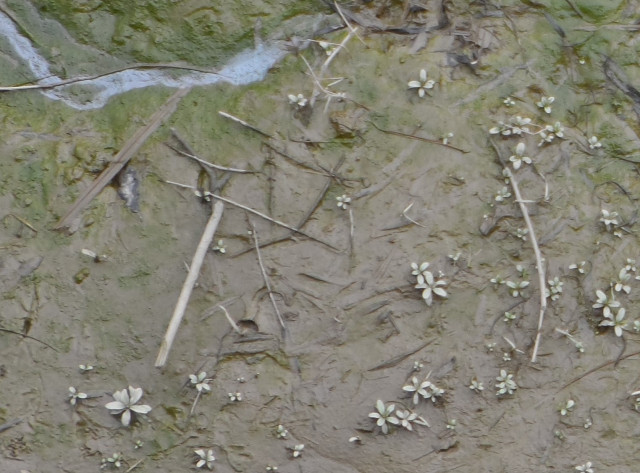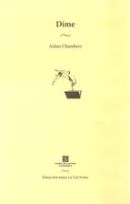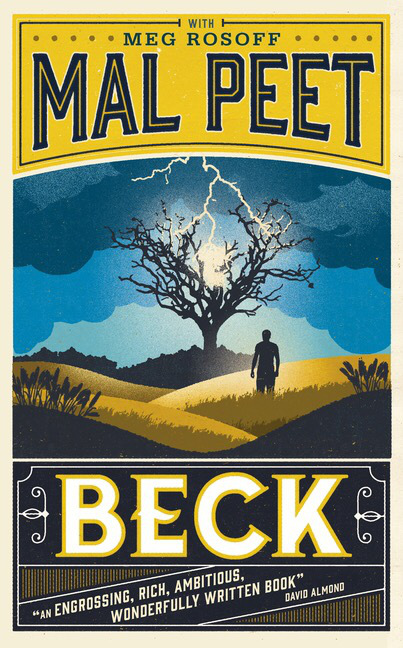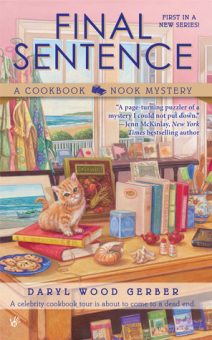
‘what was saved and what was dead’ by AN Stuart
‘Weathering’ is a cold, cold novel. At every page you can feel the icy river scrubbing your flesh, the mulch on your nostril, the snow nipping at your fingertips.
After thirteen years of aimless flitting, Ada returns to her mother’s house to clear the contents and put their relationship to rest. Ada brings her own daughter Pepper who, on her lonesome adventures in the cold, wet countryside begins to see an old woman, watching. Ada, coming to terms with the return to her past begins to sense something else…
‘When she awoke again she was alone and it was still dark. She sat up and looked around the room, could just make out a small chair, a mirror, bare walls – where was the picture of the silver mountain, where was the yellow clock? Then she remembered. No white birds cooing softly downstairs. Only a branch thumping against the roof. Blue covers with gold stars on. She turned over and tucked herself back under. The bedsprings crunched. A lump in the mattress where her shoulder needed to be. She kicked and turned. Back through the hall, there came a sharp, sweet smell, very faint, moving through the rooms.’
Such passages as this are creepy in the best MR James fashion. Footsteps are heard and shadows glimpsed. A cat bristles at an invisible menace. But, and this is my main criticism of this novel, by the time we get to these scenes, we have already learned that whatever causes these distractions is not malevolent. In fact, it is the restless spirit of Pearl, Ada’s dead mother…
We meet Pearl’s spirit at the very start of the book, almost as a warning to the curious that this isn’t your standard ghost story. For Pearl, in death, is slowly becoming at one with the landscape, the river…
‘Something glinted. At first she thought it was the water but it was further away than that; it looked like a light in a window. What was it – a house? It had slipped her mind. But of course it was the house – there was the house behind her, she could see it through a watery blur. Vague memories of the long hallway, the kitchen with its wet-leaf smell. Or was it just her, smelling of wet leaves?’
Interspersed with the main narrative, we hear Pearl’s thoughts and I can’t help feeling that they weaken the overall novel. Great ghost stories show but never explain. Suggestion, implication and doubt all add to the cold, dark atmosphere and to explain is to banish them with the flick of bright revelation.
As the novel progresses we see Ada coming to terms with her past and the countryside which quickly inflicts itself on the lives of mother and daughter. Pepper, meantime, finds a whole new world of flora and in their new house a place called home.
Wood is a beautiful writer. She conjures up the rawness of a winter in the countryside, the harsh reality of nature – neither malevolent nor benevolent – without sentiment or saccharine. I loved the worldly sharpness she instils into Pepper, a child of wonder and yearning. And in Ada, she distils all those feelings about returning to your childhood, navigating friends not seen, questions unresolved, your placed in the world uncertain.
Would the novel work without Pearl’s ghost being conjured up and made sentient? It certainly would have been a spookier novel and certainly more slippery and chillier than its’ published cousin…and one which I would have preferred.
Advertisements Share this:





